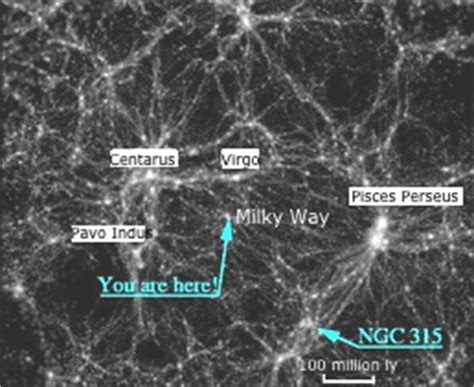Practice - Current Practices in need of Critical Appreciation
Climate Initiative / Practice

|

|
Globally we are responsible for 53 billion tons of greenhouse gases entering our atmosphere and oceans each year, and since the late 19th century we have raised the CO2 concentration of our atmosphere from 280 parts per million (ppm) to 420 ppm, and the average global temperature by 1.3 °C,
Meat and fish consumption results in the culling of 150 billion animals annually. We use 12x as much land to produce meat, dairy and feedstock than we would otherwise use to feed one person on a plant-based diet, and it takes 1,800 gallons of water to produce one pound of beef. The wildlife population has decreased by 70% in the last half century.
The human immune system is compromised by excessive consumption of meat, dairy, refined carbohydrates, and the additives in processed foods, leading to health outcomes that are degraded compared to people living in the blue zones, where healthspan equals lifespan, and life expectancy is 10 years longer than the general population. Their diet is mostly whole food, plant-based and there are negligible deaths from the top four causes of mortality in the developed world.
Medical doctors receive 20 contact hours of nutritional instruction in four years of medical school (in the US). 75% of the disease burden, and 85% of all deaths, are related to diet and lifestyle. Nothing appears to be more important than nutrition (and exercise) for optimal mental and physical health.
Modern agricultural monoculture progressively degrades the health of our topsoil, increasing water consumption and pollution via run-off, and is liable to crop failure simply due to lack of diversity of genetic material. Many food additives and pollutants cause inflammation, disrupting the immune and endocrine systems; an immune system that would otherwise eliminate 10K cancer cells per day.
Emissions in electricity and heat generation, are generally made by machines that use fossil fuels as the energy source. Power plants cannot simply be turned off and on again; there are costs to overproducing to meet peak demand. There is no widespread adoption of carbon-capture technologies. Power plant operating efficiency is 33%, much less if you account for all the losses; 2% for a light bulb. Transportation does a little better, the overall automobile efficiency from crude oil to transmission is 10%.
We are over fishing the oceans and eliminating bycatch in such quantity that the global fishing industry is expected to collapse by 2050. Around 90% of the large fish are gone due to industrial fishing practices. Algae and phytoplankton produce 50% of the atmospheric oxygen; without fish to provide important nutrients, this ability may too be compromised. This is problematic since humans have evolved to breathe an atmosphere of 21% oxygen +/-2%.
We were believed to be in the interglacial Holocene Era, heading for a new ice age. Now, in the Anthropocene Era (c. 1950), we may be responsible for the melting of all land ice which is expected to increase sea-level by 200ft; and 6ft by the end of the century. This is significant because many of our population centers are located on river estuaries with around 10ft elevation.
|
[ Initiative | Prognosis | Perspective | [Practice] | Strategy | Models | Ideas ] | ||

|
|
+1-888-SDC-IT99 |
| © MMXXV SDC Consulting, Inc. | ||